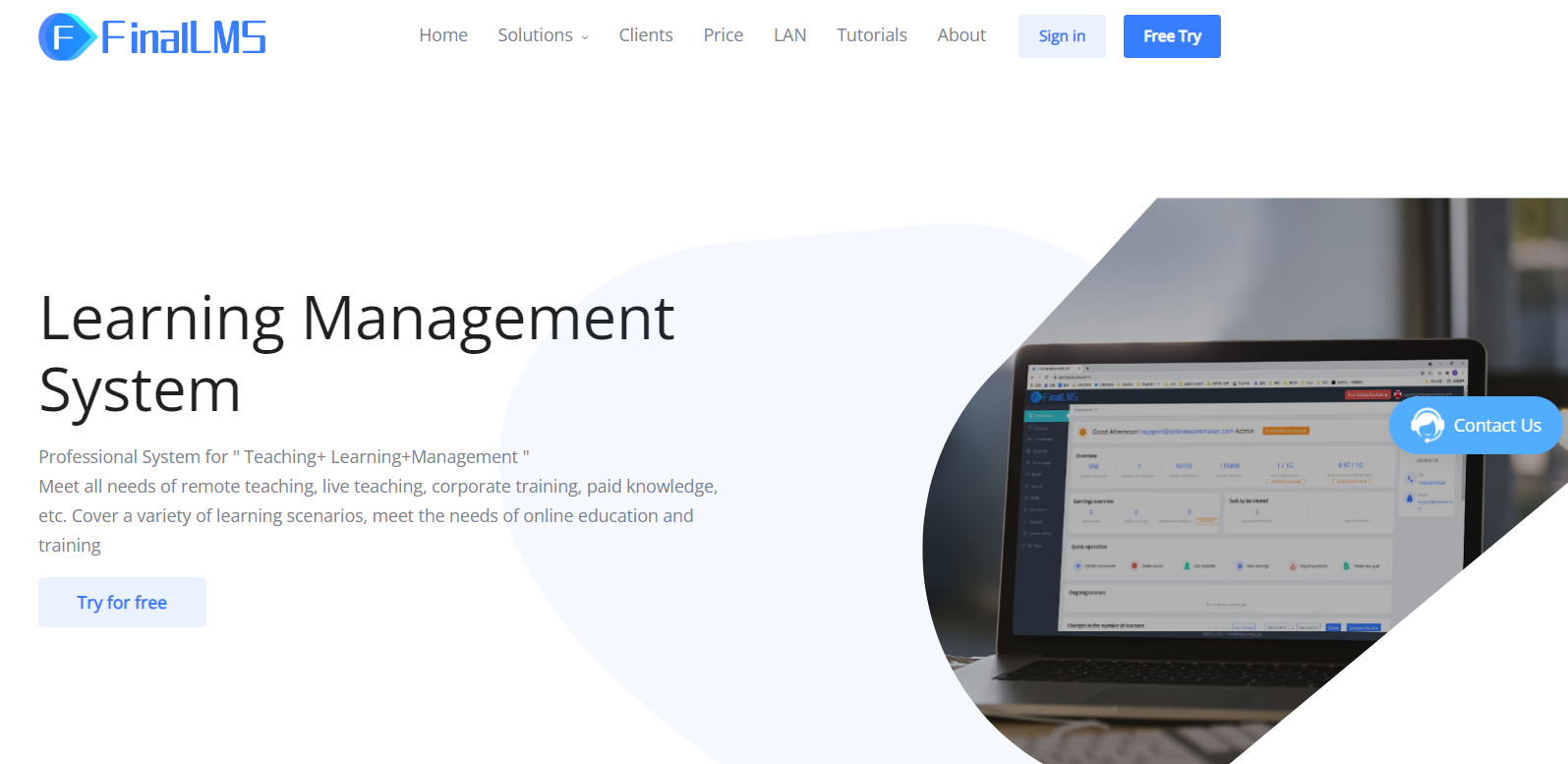In online training, user engagement and retention are crucial for successful learning outcomes. Active participation enhances knowledge acquisition, promotes skill development, and encourages continuous learning. Engaged users are more likely to complete courses, apply acquired knowledge, and contribute to their personal and professional growth. High retention rates indicate satisfied learners who perceive value in the training, leading to increased loyalty and ongoing engagement. Effective user engagement and retention strategies, such as personalized learning experiences, interactive content, regular communication, and recognition, foster a positive learning environment, maximize training effectiveness, and drive long-term success. We will explore some effective user strategies in online training systems in this paper.
Personalized courses
In an online training system, users can create different courses based on learners’ needs, ensuring personalized learning experiences. By assessing learner requirements, such as skill gaps, career goals, and preferred learning styles, instructors can design tailored courses. This involves selecting relevant content, structuring modules, and incorporating interactive elements. Additionally, offering diverse formats like videos, quizzes, and discussions caters to different learning preferences.
Social learning and knowledge sharing
Social learning and knowledge sharing play a vital role in online training systems. By fostering collaborative environments, learners can engage in discussions, share insights, and exchange experiences. Features like discussion forums, group projects, and virtual communities enable learners to connect, interact, and learn from each other. This social interaction enhances understanding, promotes critical thinking, and encourages active participation. Through knowledge sharing, learners can benefit from diverse perspectives, gain new insights, and expand their understanding of the subject matter. Social learning not only enriches the learning experience but also cultivates a sense of community and collaboration among learners, fostering a supportive and engaging online learning environment.
Personnel management
Personnel management features in online training systems facilitate efficient administration and user organization. These functionalities include user registration, account management, and role assignment. Administrators can create user groups based on departments or teams, simplifying course enrollment and communication. Tracking and reporting tools enable monitoring of user progress and performance. Additionally, the system allows for personalized learning plans and course assignments. User feedback mechanisms gather valuable insights for improvement. By effectively managing personnel, the system ensures smooth user onboarding, personalized learning experiences, and streamlined administration, ultimately enhancing the overall effectiveness and success of the online training program.
Learning record
Learning records in online training systems serve as valuable assets for learners and administrators. These records track and store learners’ progress, course completions, and assessment results. They provide learners with a comprehensive overview of their learning journey, enabling them to track their achievements and identify areas for improvement. Administrators can utilize these records to monitor learner engagement, assess the effectiveness of courses, and generate reports for performance evaluation. Furthermore, learning records facilitate personalized learning experiences by allowing learners to resume where they left off and access relevant resources. Overall, learning records enhance accountability, enable data-driven decision-making, and support continuous learning and development.
